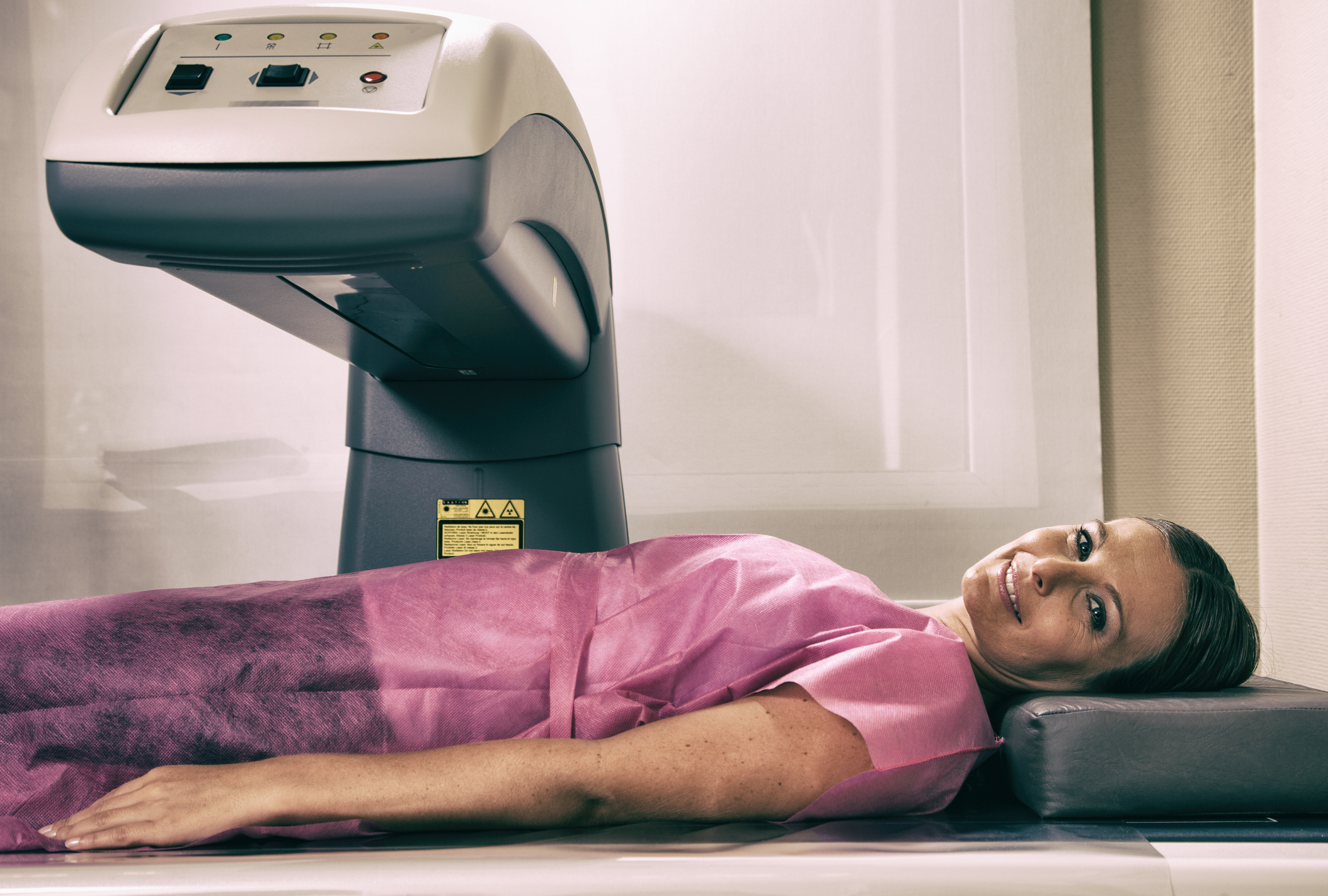May is Osteoporosis Awareness month! Do you or someone you know suffer from osteoporosis? In this week's blog, the physicians at Resurgens Spine Center are sharing some important information on osteoporosis and spinal fractures.
What is Osteoporosis?
According to the National Osteoporosis Foundation (NOF), osteoporosis is a bone disease that occurs when the body loses too much bone, makes too little bone, or both. This causes the bones to become brittle or weak. Fractures may occur from a fall, but often a person may simply sneeze, take a step or experience a minor bump and end up with a broken bone.

NOF reports that about 54 million Americans have been diagnosed with Osteoporosis or low bone mass that puts them at risk of developing osteoporosis. While men can be diagnosed with osteoporosis, studies suggest that one in two women and up to one in four men age 50 and older will experience a broken bone from osteoporosis.
Osteoporosis and Spine Fractures
Although a fracture from osteoporosis can occur anywhere, the spine, hip and wrist are the most common bones to break. Most spinal fractures related to osteoporosis are compression fractures that occur in vertebra of the thoracic spine (the upper back). The compression or wedge fracture of the vertebra can cause a person to become hunched over and lose height. Osteoporosis-related spine fractures are more common than you might think, occurring in approximately 700,000 Americans each year.
Symptoms of Spine Fractures
Osteoporosis is often called the silent disease because a person does not have any symptoms until they break a bone. In spinal fractures, the primary symptom is extreme pain in the affected area that persists over a period of weeks or longer. Often the pain will be worse with standing, walking or lying down to sleep.
Diagnosis and Treatment
Osteoporosis is diagnosed using a DEXA scan. DEXA stands for dual energy x-ray absorptiometry.

The recommendation of NOF is to have a DEXA scan of your spine and hip to determine the density of your bones. The DEXA can help your provider:
- Learn if you have weak bones or osteoporosis before you break a bone
- Predict your chance of breaking a bone in the future
- Determine if your bone density if improving, getting worse or staying the same
- Find out how well an osteoporosis medicine is working
- Determine if you have osteoporosis after you have broken a bone

Calcium and vitamin D are important to bone health and should be included in your diet or through supplements. In addition, there are medications that slow or stop bone growth or re-grow bones. A physician will help determine if medication fits into the prevention or treatment of osteoporosis.
For spinal compression fractures, there are two minimally invasive surgical procedures that are performed to treat the patient's pain, immediately stabilize the fracture and help prevent progressive spinal deformity. The procedures are kyphoplasty and vertebroplasty. Both procedures are performed under x-ray guidance and involve placing bone cement into the fractured vertebra using small incisions in the skin. Often the pain is significantly relieved following the procedure. As with medications, a physician will help determine if either of these procedures will help in the treatment of a compression fracture.
Preventing Osteoporosis
When it comes to osteoporosis, early detection is the most important factor in preventing the condition from progressing to the point where a spine fracture occurs. Talk to your doctor today about diet, exercise, calcium and vitamin D as part of the prevention of Osteoporosis. We hope this information helps you on the path to healthier bones.